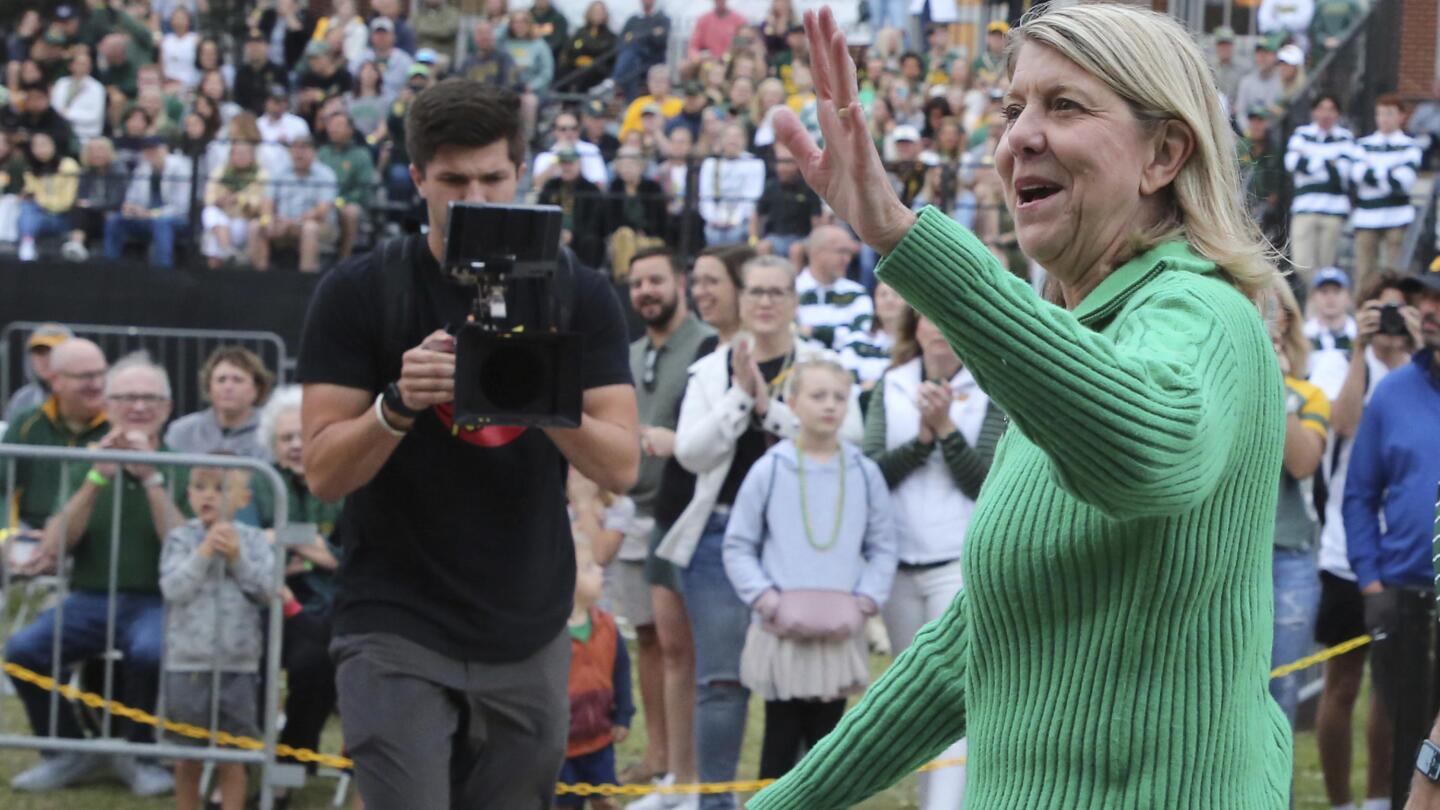Toga
Living Legend
- Joined
- Aug 26, 2011
- Messages
- 30,657
- Like
- 71,913
Discuss

 apnews.com
apnews.com

NCAA asks US appeals court to block pay for student-athletes
The NCAA is asking a federal appeals court to reject a legal effort to make colleges pay Division I athletes an hourly wage.
